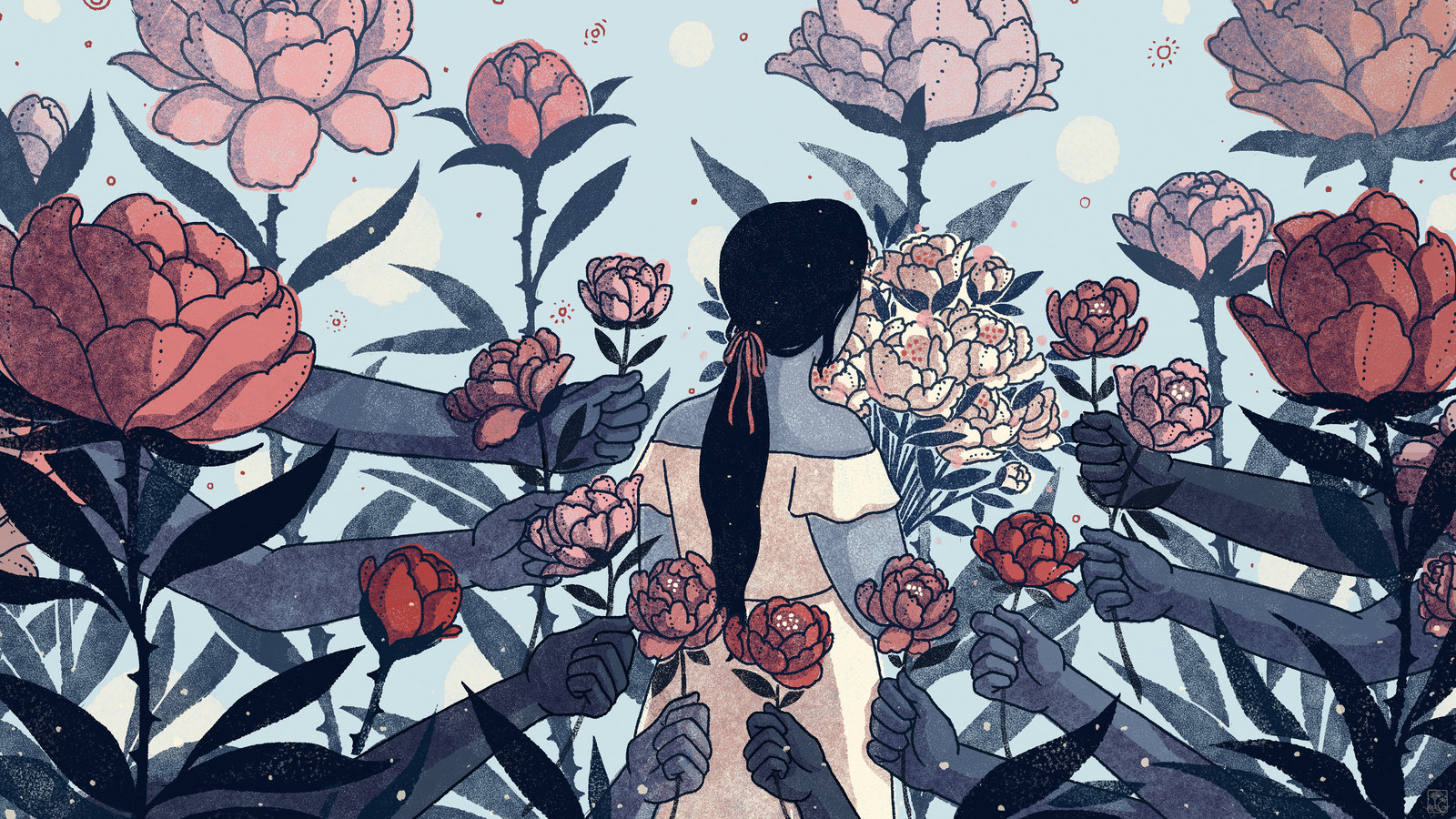SHAE KUROKAWA WRITES — In response to the recent shooting rampage in Georgia, in which three Asian spas were targeted and six Asian women were killed, investigators have begun to theorize that the massacre was not motivated by rising hate towards Asian Americans generated by the coronavirus. Instead, they say, it was brought upon by the perpetrator’s potential sex addiction. The Cherokee County sheriff, Capt. Jay Baker, debriefed that he believed the accused gunman saw these spas as “an outlet for him, something he shouldn’t be doing,” and thus wanted to “take out that temptation.”
While the claim is still under examination, it’s extremely important to understand the problem of sexualized racism, the ignorance surrounding the issue, and the threat it places on women of minority groups, especially Asian women. Clearly, there was a reason why Robert Aaron Long, the accused shooter, specifically targeted Asian spas rather than, say, strip clubs, or other sexually “tempting” businesses. Personally, as an Asian American woman myself, I refuse to believe race did not play a role in this tragedy and I believe there is a need to better understand the history underlying his actions, or our society will continue to ignore the real problem.
The social myths surrounding Asian women in America is that they are submissive, subservient and hypersexual. According to Sunny Woan’s article, “White Sexual Imperialism: A Theory of Asian Feminist Jurisprudence,” the fetishization of these idealized qualities can be attributed to white sexual imperialism, which has “fostered the over-prevalence of Asian women in pornography, the mail-order bride phenomenon, the Asian fetish syndrome, and worst of all, sexual violence against Asian women.”
These stereotypes and the concept of white sexual imperialism can be traced back to Western history of rape, war with Asia, western expansion into Asia and a fear that social inclusion and diversification would lead to a spread of immoral values in America. The Page Act of 1875, which paved the road for the Chinese Exclusion Act, is recognized as an anti-prostitution law that prevented the immigration of Chinese women to the U.S. based on the assumption that they were all prostitutes. Racist and sexist concerns, then, intersected during the making of this act, as officials worried that Chinese women, or “prostitutes,” would bring in new venereal diseases and “entice young white boys to a life of sin.” This racist and sexist sentiment and exploitation of Asian women was furthered during the several wars and occupations involving Asian countries. Comfort women-women and girls who were forced to be sex slaves by the Imperial Japanese Army- were exploited by the American military. In her NBC News article Nancy Wang Yuen states that sex work related to U.S. military bases throughout Asia continues to this day.
This reality infects our communities and everyday lives. Perhaps understanding, at least, a slight bit of the long history of the sexualization, exploitation, and objectification of Asian women will lead to greater acknowledgement that these issues have been embedded into our societies. And perhaps, finally, this knowledge can help people see that the six Asian women killed in the Georgia shooting were potentially victims of sexual violence.

